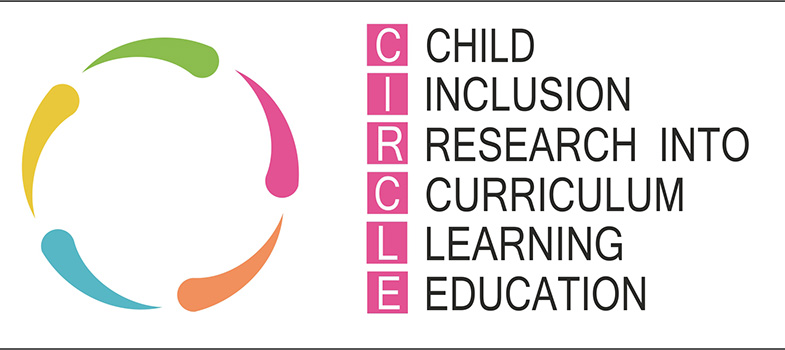Universal support
Universal support starts with the ethos, climate and relationships within every learning environment. It is the responsibility of all practitioners to take a child-centred approach which promotes and supports wellbeing, inclusion equality and fairness. The entitlement to universal support for all children and young people is provided from within the existing early learning and childcare and school settings.
There is an expectation that children’s and young people’s needs will be met through universal support at the least intrusive level. Universal support can be augmented by additional and intensive support. The aim is to ensure that all children and young people are present, participating, achieving and supported in their education. It is the expectation that all children will have access to high quality universal support. This is primarily the responsibility of the class teacher, and may include a wide range of activities:
The physical environment:
Alternative seating
Quiet spaces
Work station
Sloping writing board
Visual timetables
Desk in quieter area of classroom.
Curriculum, learning and teaching:
Curriculum design
Personalisation and choice
Digital resources e.g. digital test papers and SQA exams
Differentiated tasks, activities and outcomes
Different approaches e.g. carousel, group work, and individual
Nurture approaches.
Planning:
Class planning and/or group planning.
Staged level of intervention: process of support
